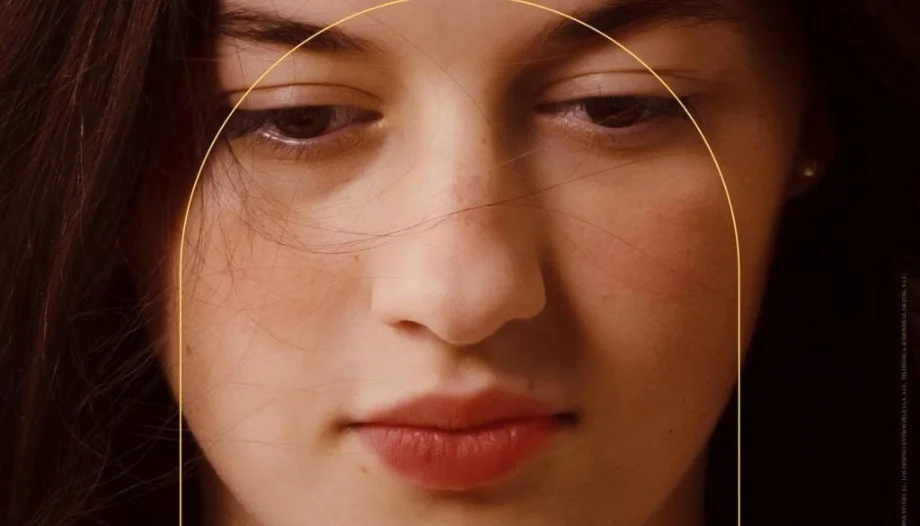The film «Los domingos», by Alauda Ruiz de Azúa has managed to restore my faith. Not the faith in Jesus Christ, which I already had, even if only in a homeopathic dose, but the faith in the human being, because of the exercise of understanding towards those who think differently.
As a believer, I understand perfectly well those who do not believe; but I find it difficult to understand those who, from their atheist or agnostic approach, ridicule those who have faith, whatever their creed may be.
Putting yourself in the other's place
Likewise, as the son of immigrants, I can understand those who feel threatened by uncontrolled immigration, but I cannot understand those who build inhuman walls, confine them in ghettos, exploit them or deny them the duty to help as castaways.
As a defender of the value of the human being in all its stages, I understand women who decide to have an abortion for many reasons, but I find it difficult to understand why there are those who oppose helping pregnant women who would not want to have an abortion if they had the necessary support. From the same point of view, I understand those who call for euthanasia, but I cannot understand those who deny the alternative of palliative care.
As a member of a so-called «traditional» family, I understand perfectly well those who opt for different forms of union, but I cannot understand those who strive to discredit and destroy a millenary institution from which most of us come and which continues to function.
As a worker, I understand that there are businessmen whose main interest is to generate more profits, but I cannot understand that there are those who prioritize these over the good of the people who work for them, of the community in which their company is inserted or of the environment.
As a father of children of independent age, I understand that there are homeowners who want to get a good income from renting or selling their homes, but I find it very hard to understand that the authorities can do nothing about the wild speculation.
As a lover of peace, I understand that there are armies to safeguard it, but I cannot understand those who invade other people's territories, threaten the weak or promote the escalation of weapons.
I could spend hours explaining opinions totally contrary to my own that I can understand by putting myself in the other person's place. There are also ideas that seem incomprehensible to me from my current perspective but that, depending on the circumstances, who knows if I could ever consider. It is not relativism, it is knowing the fragile human reality and that you have to put yourself in the other's shoes to understand it.
The movie
The film «Los domingos», which portrays the family drama caused by the decision of a young girl to go to a convent in whose home faith is lived at a merely sociological level, confronts us with the difference and forces us to step out of the comfortable polarization in which we all, myself first, are placed.
The best thing about the film is that the director does not wet herself. She defines herself as a non-believer, but in the film there is not a single one of the clichés with which contemporary cinema (especially Spanish cinema) approaches the reality of the Catholic Church. It depicts a Church as any of us who frequent it know it. Normal priests, normal nuns and normal faithful. With their pluses and minuses, of course, but not all of them are pedophiles or repressed or prudish.
In this sense, and thanks to the magnificent interpretations that «Los domingos» gives us, sometimes one has the sensation of watching a documentary. Ruiz de Azúa approaches the ecclesial reality with the humility (a virtue of the truly great) of those who want to know what phenomenon it is that she does not know in depth but that so many others live as a fundamental element of their lives. And she does not give us a moral or, better yet, she gives us the moral of not having a moral, of treating the spectator as an adult so that he/she can solve the problems by him/herself.
That in our society someone chooses to open dialogue to confrontation; to know the reality of the other to prejudice; the center to the extremes or the truth that transcends us and that we must seek among all of us to the dictates of ideologies is good news for the world. More are needed.
Journalist. Graduate in Communication Sciences and Bachelor in Religious Sciences. He works in the Diocesan Delegation of Media in Malaga. His numerous "threads" on Twitter about faith and daily life have a great popularity.








